Mutual Funds
WHAT ARE?
Mutual funds are investment vehicles where funds from multiple investors are pooled and managed by professionals. These funds are diversified across stocks, bonds, or other securities, spreading risk. Investors own shares proportional to their contributions, allowing them to benefit from professional management and potential market gains.
WHY INVEST?
Investing in mutual funds fuels wealth growth by pooling funds from multiple investors to diversify across assets. Professional management optimizes returns, and compounding accelerates wealth accumulation over time. This accessible and flexible investment avenue offers a strategic path to financial prosperity.
Types of Mutual Funds

WHAT ARE?
Equity Schemes
Equity funds are mutual funds primarily investing in stocks/shares of companies. These funds aim for capital appreciation by investing in equities across various sectors and market capitalizations (large, mid, small caps). Equity funds carry a higher risk-return profile due to stock market volatility but have the potential for higher long-term returns compared to other asset classes.

WHAT ARE?
Debt Schemes
Equity funds are mutual funds primarily investing in stocks/shares of companies. These funds aim for capital appreciation by investing in equities across various sectors and market capitalizations (large, mid, small caps). Equity funds carry a higher risk-return profile due to stock market volatility but have the potential for higher long-term returns compared to other asset classes.

WHAT ARE?
Hybrid Schemes
Equity funds are mutual funds primarily investing in stocks/shares of companies. These funds aim for capital appreciation by investing in equities across various sectors and market capitalizations (large, mid, small caps). Equity funds carry a higher risk-return profile due to stock market volatility but have the potential for higher long-term returns compared to other asset classes.

WHAT ARE?
ELSS (Tax Saving) Schemes
Equity funds are mutual funds primarily investing in stocks/shares of companies. These funds aim for capital appreciation by investing in equities across various sectors and market capitalizations (large, mid, small caps). Equity funds carry a higher risk-return profile due to stock market volatility but have the potential for higher long-term returns compared to other asset classes.

WHAT ARE?
Solution Oriented Schemes
Equity funds are mutual funds primarily investing in stocks/shares of companies. These funds aim for capital appreciation by investing in equities across various sectors and market capitalizations (large, mid, small caps). Equity funds carry a higher risk-return profile due to stock market volatility but have the potential for higher long-term returns compared to other asset classes.

WHAT ARE?
Other Schemes
Equity funds are mutual funds primarily investing in stocks/shares of companies. These funds aim for capital appreciation by investing in equities across various sectors and market capitalizations (large, mid, small caps). Equity funds carry a higher risk-return profile due to stock market volatility but have the potential for higher long-term returns compared to other asset classes.
Type of Equity Funds

Sectoral Fund
Sectoral funds focus on specific Industries or sectors, Investing primarily in companies within that sector to capitalize on sector-specific growth.

Value Fund
Value funds seek undervalued stocks trading below their intrinsic worth, aiming for long-term capital appreciation, ideal for patient, value-conscious investors.

Multi Cap Fund
Multi cap funds invest across large, mid, and small-cap stocks, offering diversification and flexibility to capitalize on various market opportunities.
Market Capitalization under Equity funds
Type of Debt Funds

Liquid Funds
Liquid funds are low-risk mutual funds investing in short-term instruments, offering liquidity, safety, and modest returns for investors.

Corporate Bonds
Corporate bonds are debt securities issued by companies to raise capital, offering fixed interest payments and return of principal.

Government Securities
Government securities are low-risk debt instruments issued by governments to raise funds, providing regular interest payments and principal repayment.
Investor Risk Profiles
Asset Management Companies

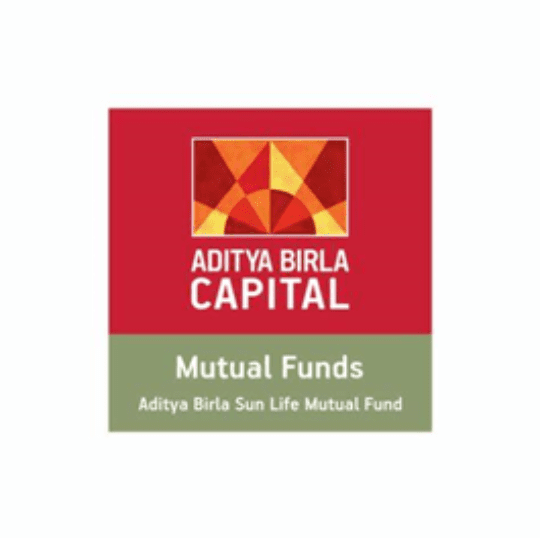



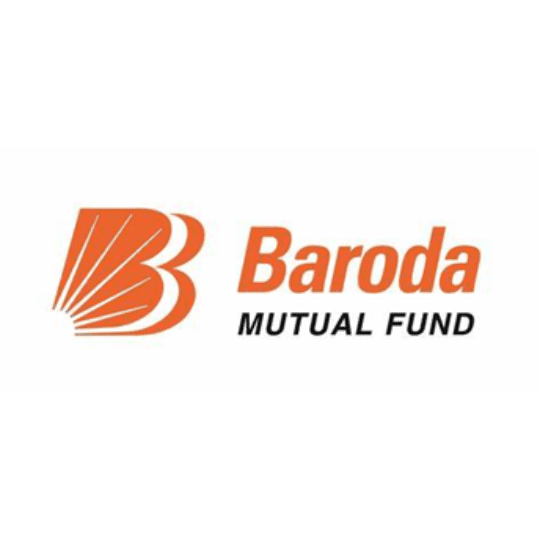

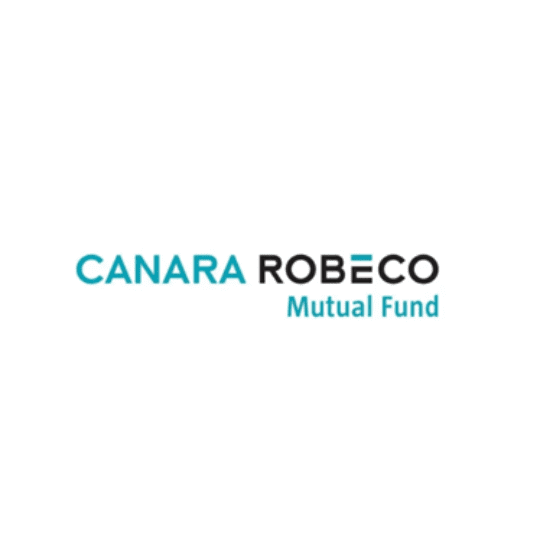












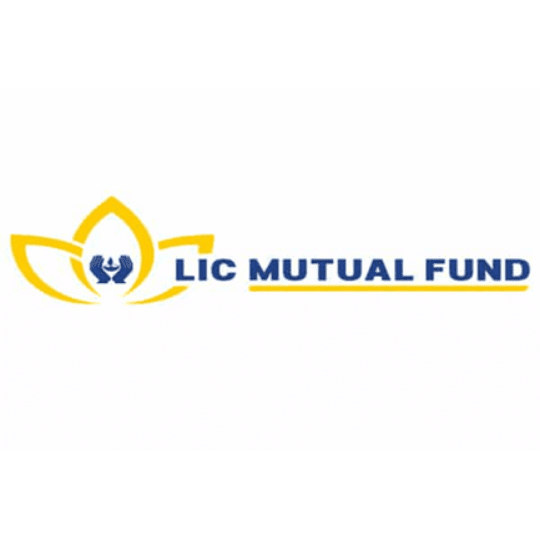

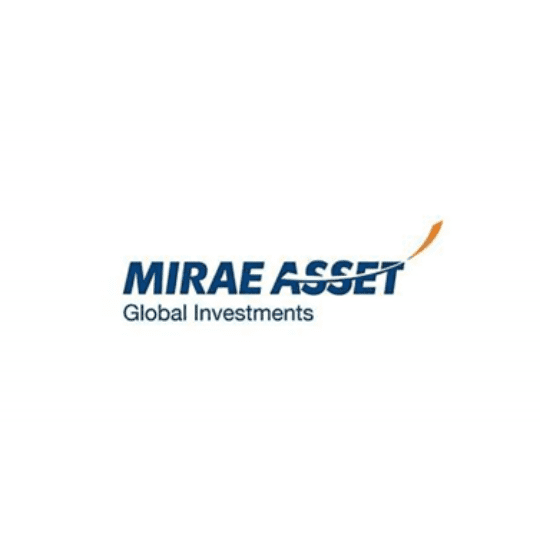

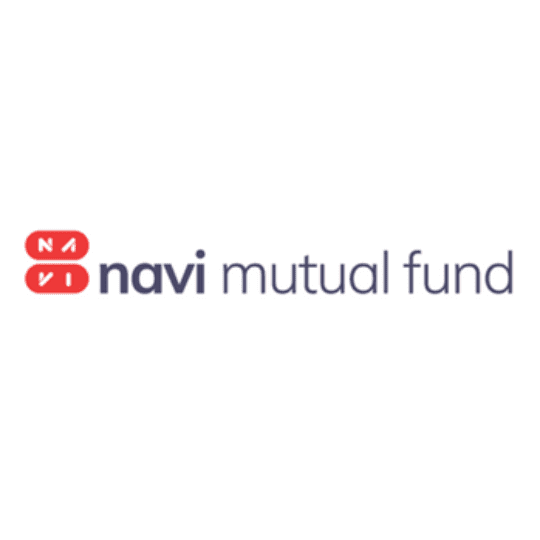




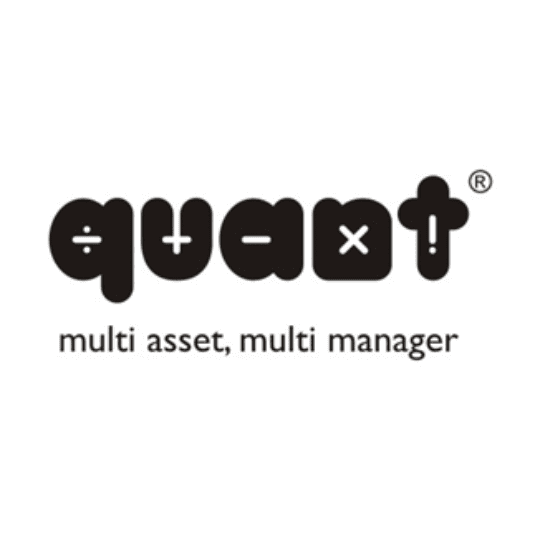





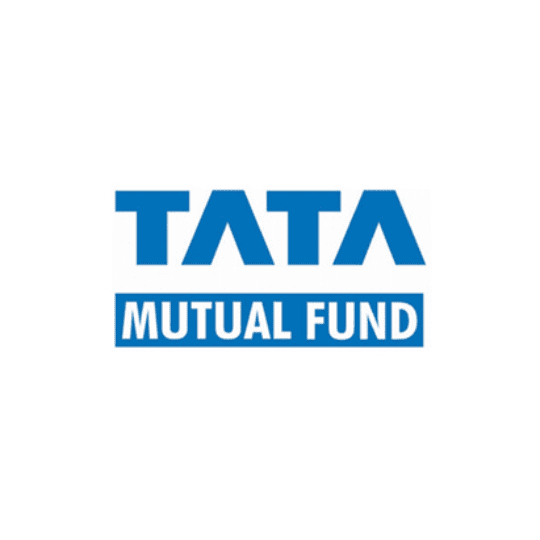
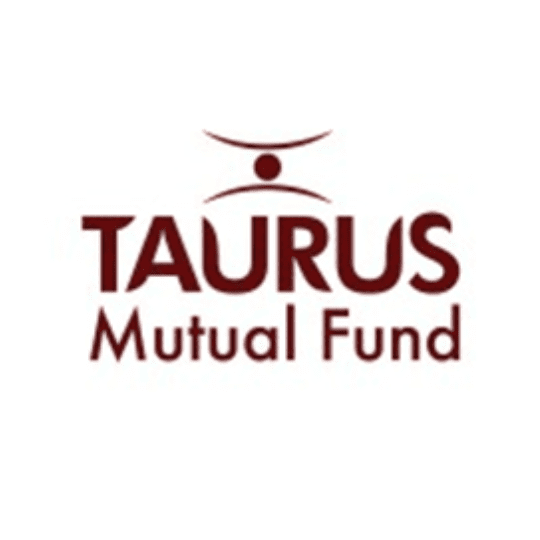


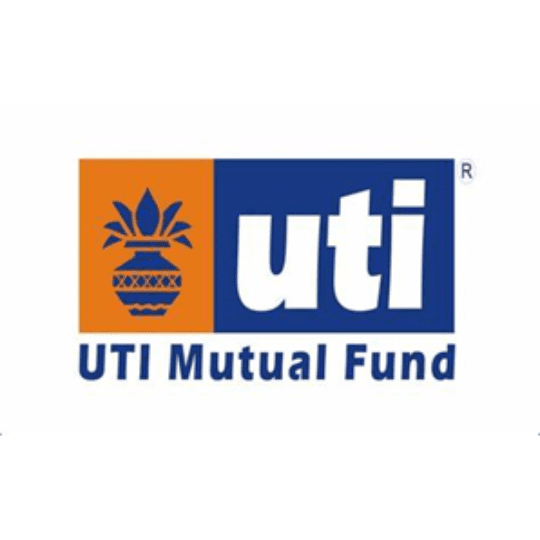

WHO WE ARE?
At Multify we take pride in simplifying the complexities of mutual fund investments and empowering investors like you to achieve your financial goals. Here's what you can expect when you partner with us:
In summary, as mutual fund distributors, we offer a comprehensive suite of services designed to simplify the investment process, optimize your portfolio, and help you achieve your financial goals. Whether you're planning for retirement, saving for a child's education, or building wealth for the future, we're here to support you every step of the way. Partner with us today and take the first step towards a brighter financial future.






